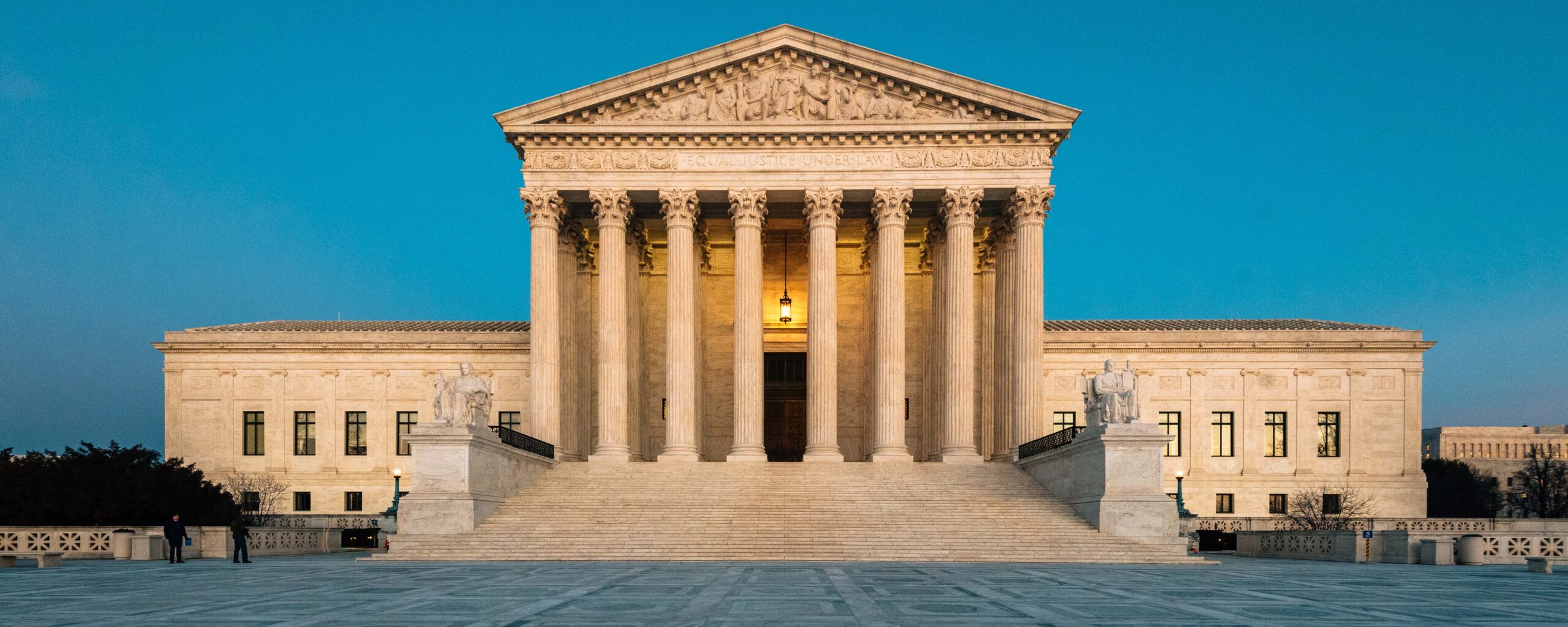Many Americans Lack Basic Understanding of the Judiciary
Americans consistently rank the Supreme Court as the most trusted branch of government and hold a similar level of trust in state courts. But many also believe that the nation’s courts favor the wealthy and politically connected, that judges are motivated by political and personal biases, and are influenced by campaign fundraising.
The often conflicting views of the nation’s judiciary were measured in two national surveys released in Washington today by Kathleen Hall Jamieson, director of the Annenberg Public Policy Center of the University of Pennsylvania.
Jamieson described the surveys of what the public knows and thinks about the U.S. courts at a two-day conference at the Georgetown University Law Center. Supreme Court Justices Sandra Day O’Connor and Stephen Breyer are co-chairing the conference, “Fair and Independent Courts: A Conference on the State of the Judiciary.” Attending are leaders from business, the media, government and the non-profit sector.
“While public trust in the courts in the U.S. remains high,” Jamieson told the conference, “public doubts that the courts are actually impartial, public concern about the role of money in the election of state judges, and public ignorance about basic constitutional functions served by the Supreme Court are worrisome.”

